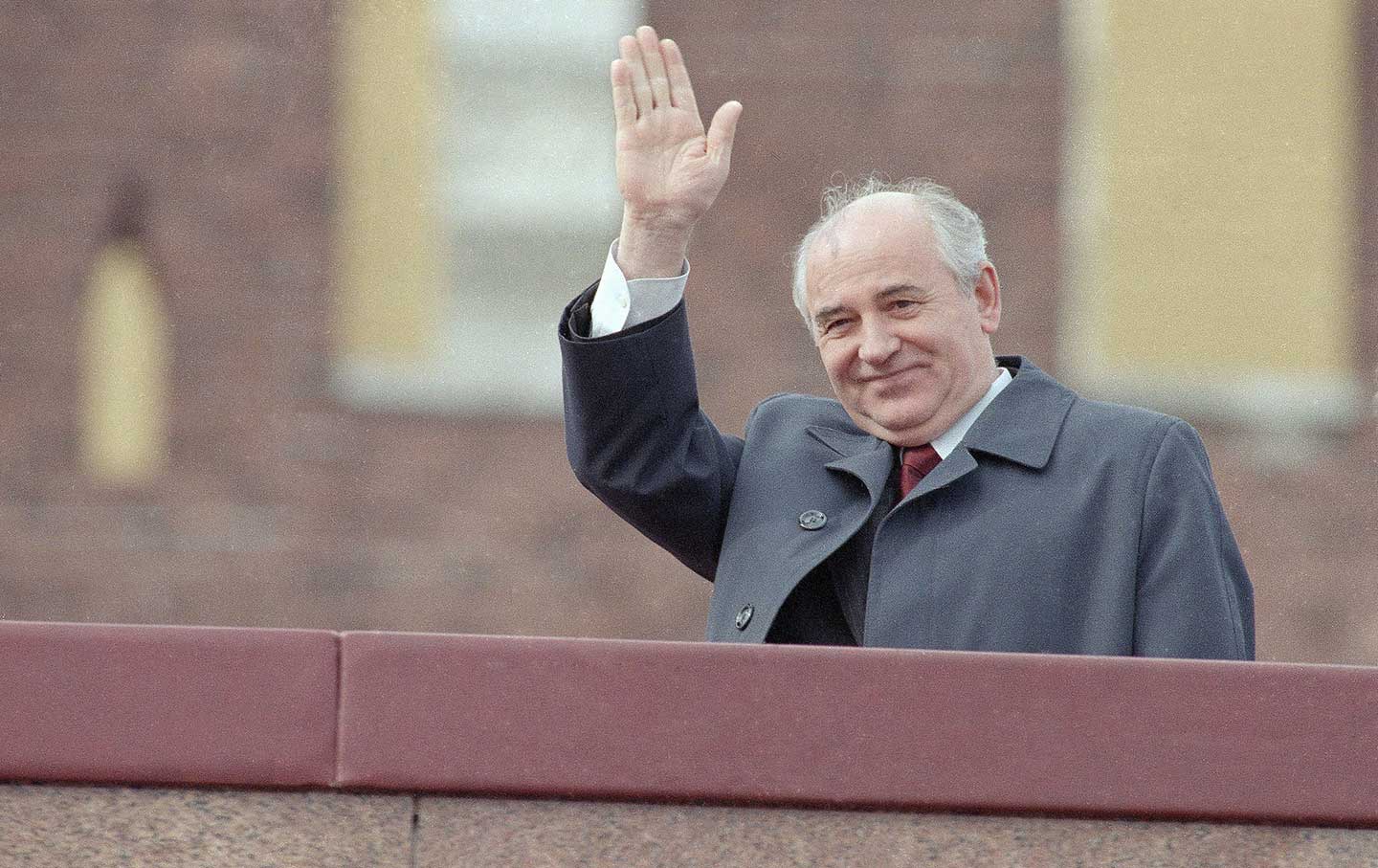This year marks the 30th anniversary of the nationwide, student-led democracy movement in China, and the subsequent June 4th military crackdown in Beijing. To commemorate the student movement, CDT is posting a series of original news articles from 1989, beginning with the death of Hu Yaobang on April 15 and continuing through the tumultuous spring.
From the May 12, 1989 New York Times:
Mr. Gorbachev will have company when he visits Shanghai on Thursday, the final day of his four-day visit to China: three American warships are scheduled to sail through the city that afternoon and then dock for a port call.
The Chinese Foreign Ministry announced today that the warships would make ”a friendly and courteous visit.” But the timing seemed carefully calculated to slight Mr. Gorbachev with a demonstration of Chinese-American friendship. Only once before, in 1986, has an American naval ship made a port call in China since the Communists came to power.
The arrival of the ships is just one sign of the lack of enthusiasm some Chinese officials seem to feel for the first Chinese-Soviet summit meeting in 30 years. Their wariness of the meeting, and of the normalization of relations that both sides say will follow, may reassure those Americans who have been concerned by the prospect of renewed ties between the two neighbors. Certainly, it seems to be the Soviets who are chafing at the moment.
The powerful symbolism of a Soviet leader strolling along Shanghai’s famous waterfront would be diminished if the backdrop were the even more powerful symbolism of an American flotilla. To avoid this, the adept Soviet advance teams have arranged to whisk Mr. Gorbachev to the Shanghai airport just before the warships arrive in the late afternoon. [Source]
Read also an op-ed by Richard Holbrooke from the same day’s New York Times:
Both nations are at a momentous hour. History is being written in large type by students in Beijing, and by intellectuals and voters in growing nationalist movements in most of the ”republics” of the Soviet Union.
The period during which two visionary but authoritarian leaders can determine reform solely from above may well have run its course. Popular movements – long thought by observers to be inconceivable in both nations – are confronting both governments with nearly impossible and perhaps internally contradictory choices. Two leaders who until recently assumed they would come to the summit meeting speaking without challenge for vast but controlled populations now represent nations swept by the drama of people trying to speak for themselves. [Source]
Update:
May 12, 1989 – Student leader Chai Ling make speech announcing hunger strike will begin next day in Tiananmen Square pic.twitter.com/RP2NHwAxdl
— Patrick Chovanec (@prchovanec) May 12, 2014
[This series was originally posted by CDT in 2009 to mark the 20th anniversary of the protests. If you have access to additional sources of original reporting, video, accounts or photos from the spring of 1989, please send them to us at cdt@chinadigitaltimes.net and we’ll consider including them in this series. Many thanks.]








